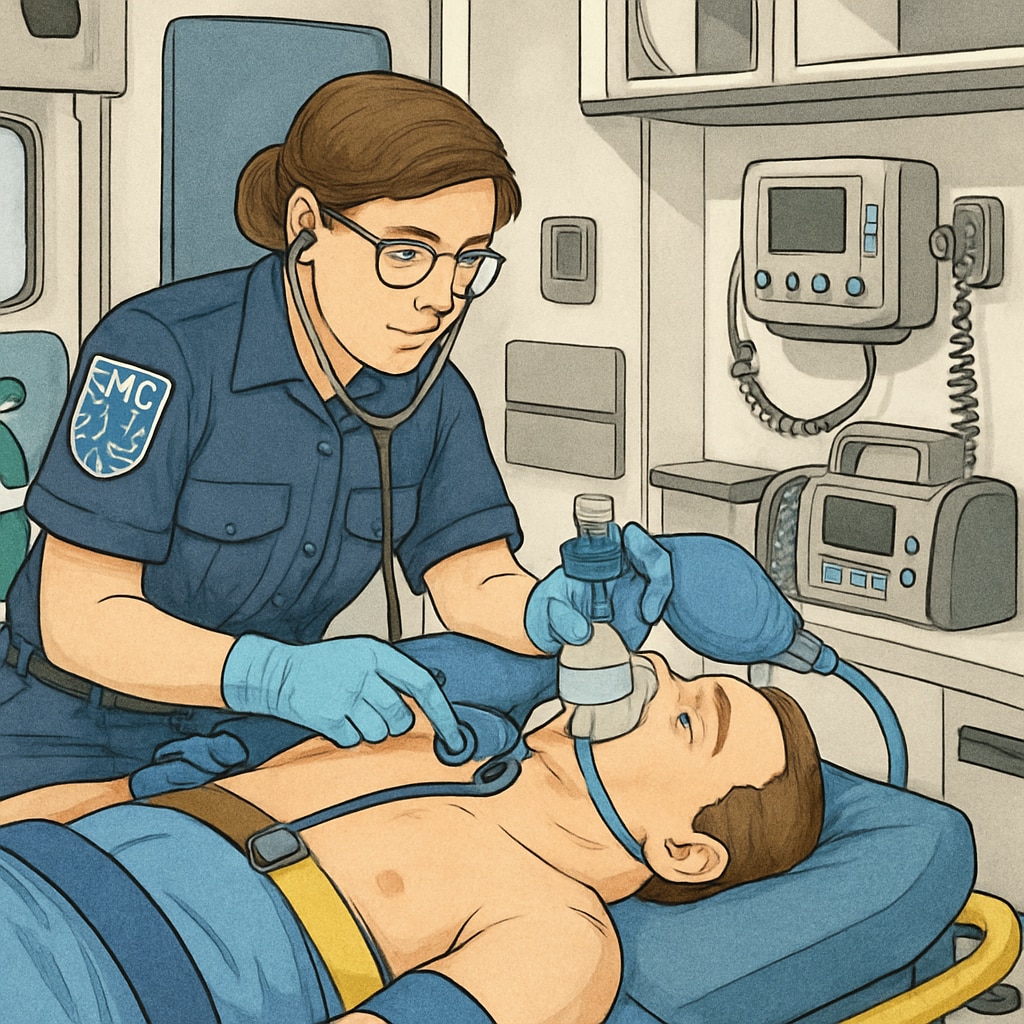Choosing the right university for nursing transfer students is a critical decision, requiring careful consideration of academic excellence, campus culture, and personal aspirations. Balancing a rigorous nursing program, the demands of university transfer, and leveraging EMT experience can seem daunting. However, with the right strategy, students can find harmony between academic success and an active campus lifestyle.
Key Considerations for Selecting a Nursing Program
When selecting a nursing program as a transfer student, it’s essential to evaluate factors such as program accreditation, clinical opportunities, faculty expertise, and the flexibility of transfer credit policies. Accredited programs ensure high educational standards, while robust clinical opportunities provide hands-on experience and prepare students for real-world scenarios.
Additionally, consider the university’s location and campus culture. A vibrant campus with clubs, student organizations, and recreational facilities can significantly enhance the college experience. Researching the university’s resources—such as tutoring centers, mental health support, and career services—can also contribute to academic and personal success.
- Accreditation: Look for programs accredited by organizations like the Accreditation Commission for Education in Nursing.
- Clinical Experience: Ensure access to diverse clinical settings like hospitals, community clinics, and specialty care facilities.
- Campus Resources: Investigate support systems such as academic advisors, student wellness programs, and extracurricular activities.

Leveraging EMT Experience to Strengthen Applications
For nursing transfer students with EMT (Emergency Medical Technician) experience, this background can be a powerful asset during the application process. EMT experience demonstrates hands-on patient care skills, adaptability under pressure, and a commitment to healthcare—a combination highly valued by nursing programs.
To make the most of this experience, highlight specific achievements and skills in personal statements or interviews. For example, discuss how EMT work improved your communication skills, teamwork, and understanding of patient safety. These attributes align closely with the responsibilities of a nursing professional.
Moreover, EMT experience can help students excel in clinical rotations, where quick decision-making and practical knowledge are essential. Programs that recognize prior healthcare experience may also offer advanced standing or specialized tracks for students with EMT backgrounds.
- Skill Development: Showcase expertise in patient care, emergency response, and teamwork.
- Application Edge: Use EMT experience to strengthen essays, resumes, and interviews.
- Clinical Preparedness: Leverage prior experience to excel in practical nursing settings.

Balancing Academics and Campus Life
Successfully navigating a nursing program requires finding balance between academic commitments and campus involvement. While nursing students often face demanding schedules, engaging in campus life can provide stress relief and foster personal growth. Here are some strategies to maintain this balance:
- Time Management: Use planners or mobile apps to organize class schedules, study time, and extracurricular activities.
- Prioritize Health: Maintain a healthy lifestyle by eating well, exercising, and getting adequate rest.
- Join Relevant Groups: Participate in nursing-related clubs or professional organizations to connect with peers and mentors.
- Stay Flexible: Be open to adjusting plans as academic or personal needs evolve.
By integrating these practices, nursing transfer students can enjoy a fulfilling campus experience while staying focused on their career goals. A well-rounded approach will not only prepare students academically but also build strong interpersonal and professional networks.
In conclusion, nursing transfer students can successfully balance rigorous academic programs and active campus life by carefully evaluating program options, leveraging EMT experience, and adopting effective time management strategies. With dedication and planning, students can achieve their academic and personal aspirations.
Readability guidance: The article uses short paragraphs and lists to clarify key points, minimizes passive voice, and includes transitional phrases to improve flow.


